India launches world’s biggest universal healthcare experiment
Ambitious plan hailed by medical profession but critics claim it is an unworkable election gimmick
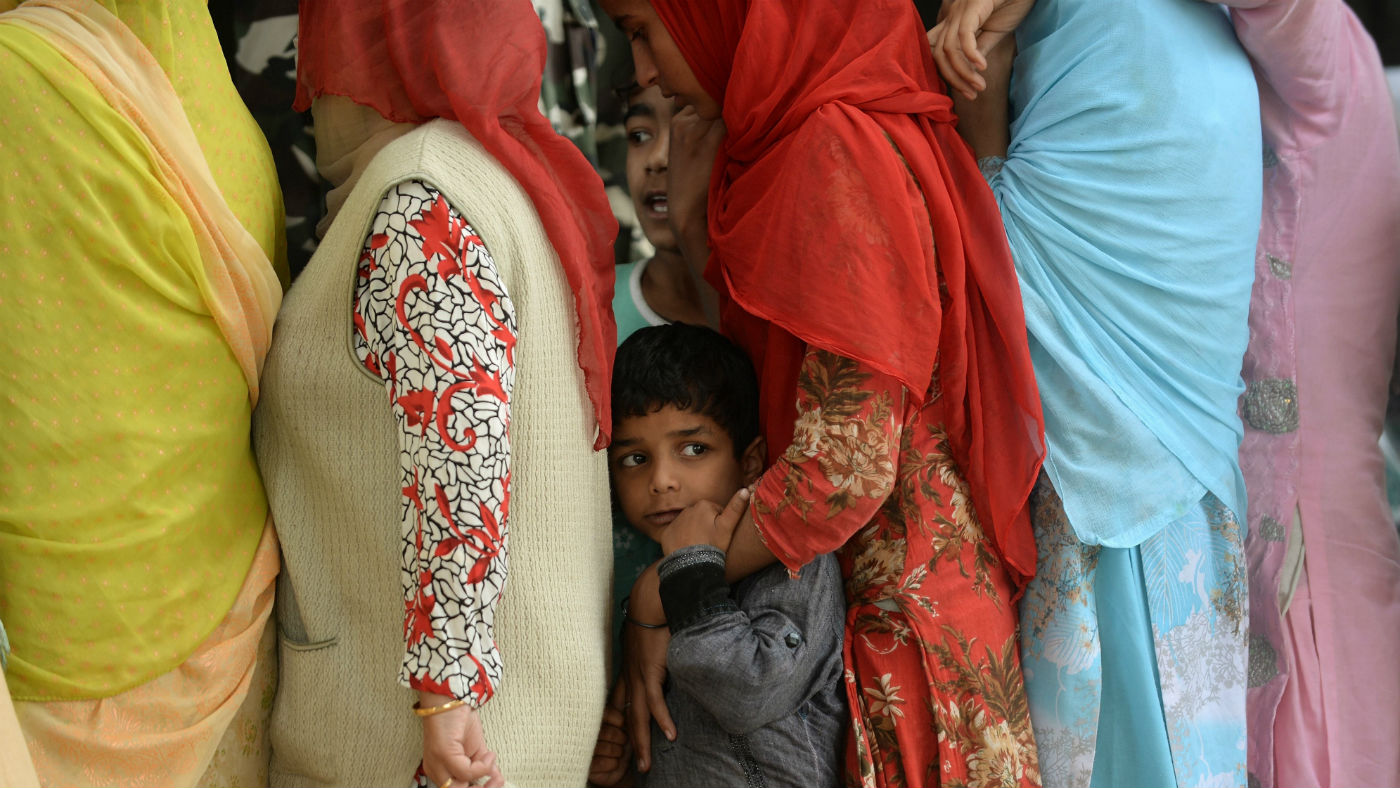
A free daily email with the biggest news stories of the day – and the best features from TheWeek.com
You are now subscribed
Your newsletter sign-up was successful
India’s prime minister, Narendra Modi, has launched the world’s biggest universal healthcare experiment which will grant half a billion people the right to free health insurance overnight.
As of Sunday, roughly 500 million people living below the poverty line will no longer have to pay a single rupee for private hospital treatments that until now would have pushed such families into crippling debt.
Speaking at the official rollout in Ranchi, capital of the eastern state of Jharkhand, Modi claimed that a government scheme at “such a grand scale is not being carried out anywhere in the world” and, crucially, “will not have any distinguished plans on the basis of sect or caste”.
The Week
Escape your echo chamber. Get the facts behind the news, plus analysis from multiple perspectives.

Sign up for The Week's Free Newsletters
From our morning news briefing to a weekly Good News Newsletter, get the best of The Week delivered directly to your inbox.
From our morning news briefing to a weekly Good News Newsletter, get the best of The Week delivered directly to your inbox.
The measures are Modi’s latest attempt to reform a public health system that faces a shortage of hospitals and doctors, “but critics say the scheme has been launched in a hurry for political gain and lacks adequate funds to support it” reports Reuters.
Senior doctors have voiced concerns that the scheme, dubbed “Modicare” by the Indian media, could undermine the very backbone of the country’s existing healthcare system and collapse within a year if poorly implemented.
“They fear it has been rushed through as a grand populist gesture before a general election due in spring 2019” says The Independent.
The government estimates more than 60% of the average family’s spending goes on medicines and healthcare, however, India currently spends only around 1% of its GDP on public health, among the world’s lowest, compared to a global average of 6%.
A free daily email with the biggest news stories of the day – and the best features from TheWeek.com
The Sydney Morning Herald says “nobody seems to be sure whether [the new scheme] will work or how much it will cost” but Vinod K. Paul, a paediatrician turned government official and the scheme's creator, said that most of the plan represents uncharted territory for the Indian government and that Modi had essentially signed a blank cheque to make it work.
-
 Tourangelle-style pork with prunes recipe
Tourangelle-style pork with prunes recipeThe Week Recommends This traditional, rustic dish is a French classic
-
 The Epstein files: glimpses of a deeply disturbing world
The Epstein files: glimpses of a deeply disturbing worldIn the Spotlight Trove of released documents paint a picture of depravity and privilege in which men hold the cards, and women are powerless or peripheral
-
 Jeff Bezos: cutting the legs off The Washington Post
Jeff Bezos: cutting the legs off The Washington PostIn the Spotlight A stalwart of American journalism is a shadow of itself after swingeing cuts by its billionaire owner
-
 A Nipah virus outbreak in India has brought back Covid-era surveillance
A Nipah virus outbreak in India has brought back Covid-era surveillanceUnder the radar The disease can spread through animals and humans
-
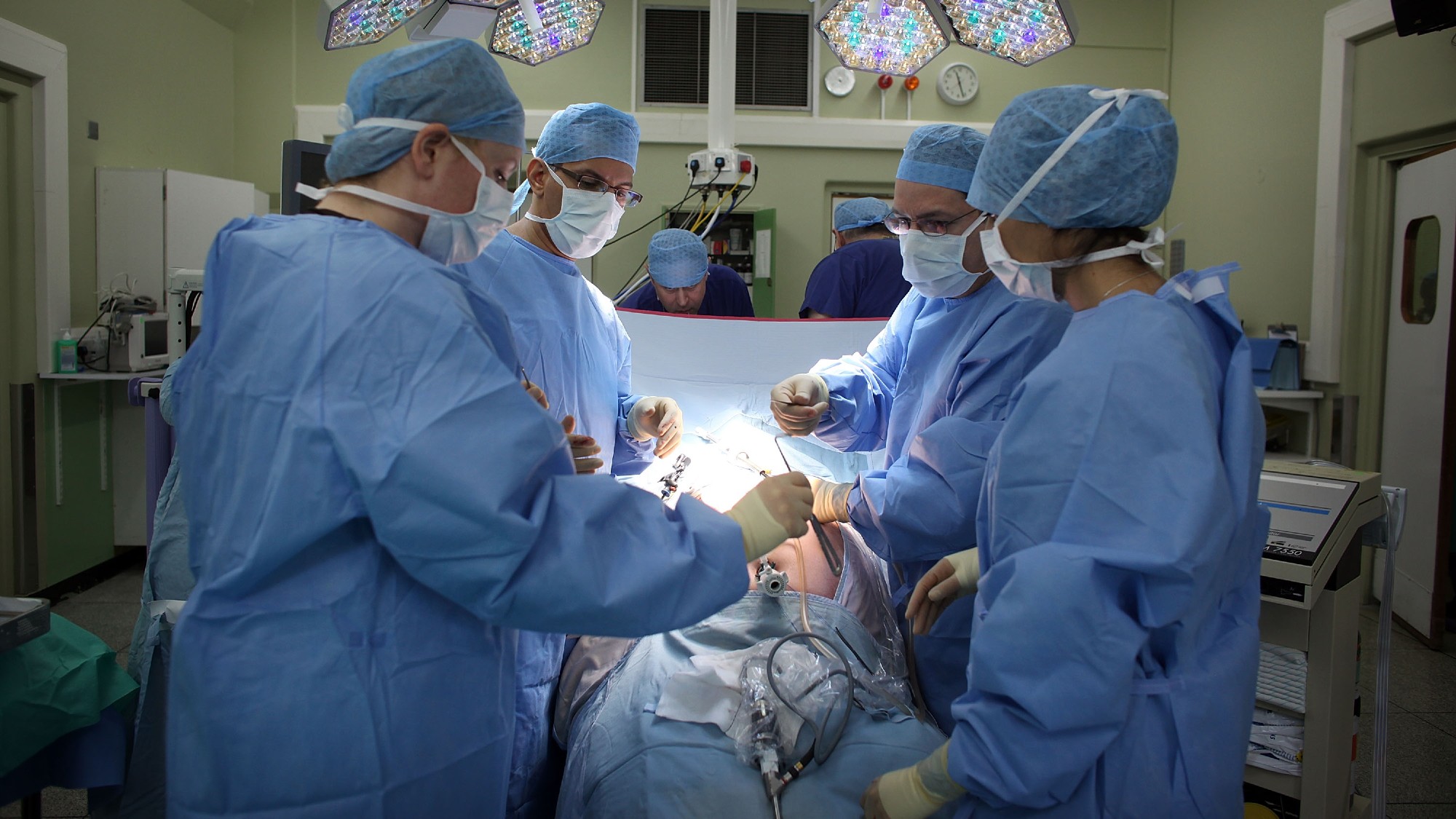 How music can help recovery from surgery
How music can help recovery from surgeryUnder The Radar A ‘few gentle notes’ can make a difference to the body during medical procedures
-
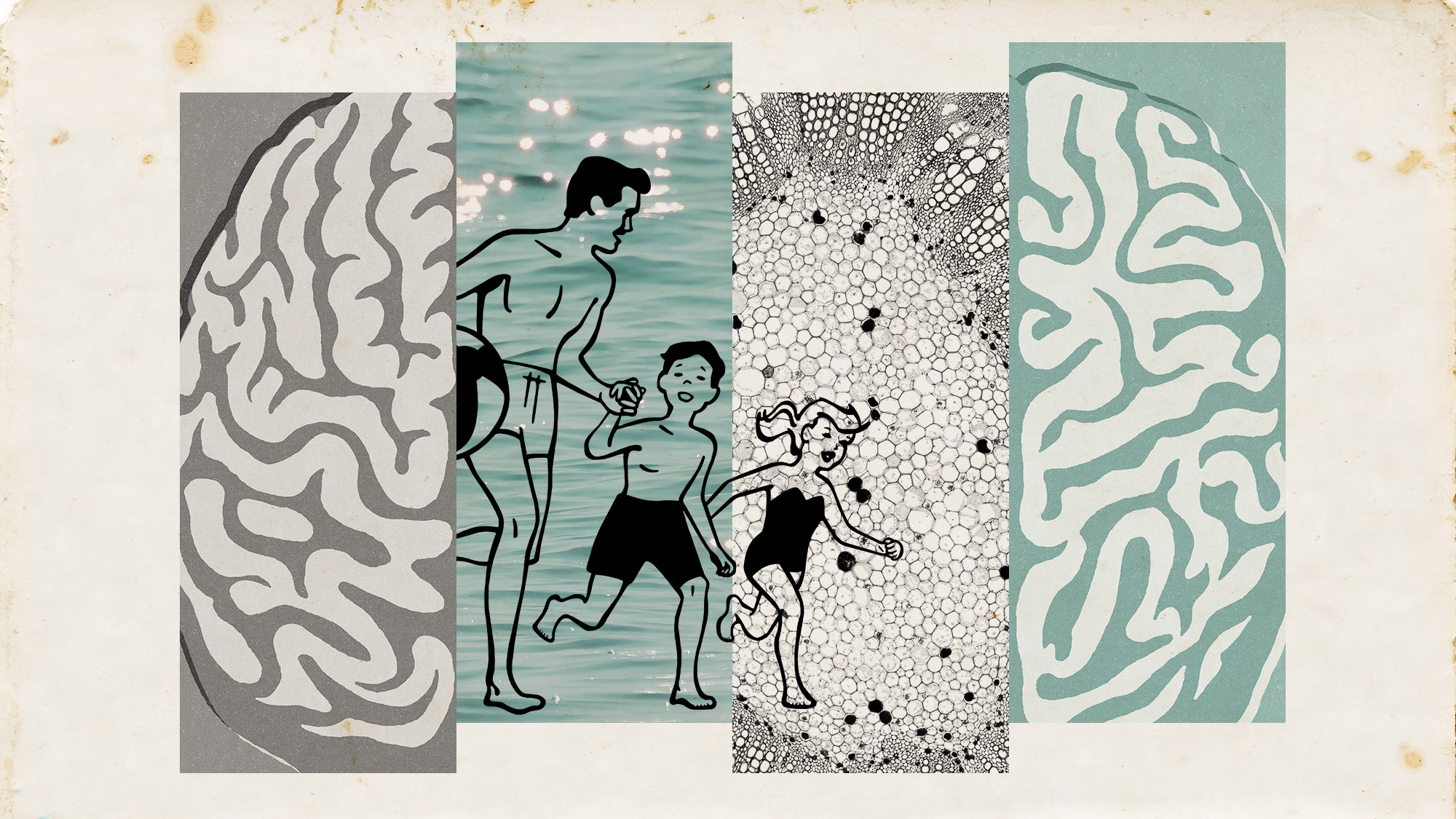 Deadly 'brain-eating' amoebas could be spreading thanks to climate change
Deadly 'brain-eating' amoebas could be spreading thanks to climate changeUnder the Radar Naegleria fowleri causes rare and lethal infection, but recent uptick in cases suggests it is thriving in warming waters
-
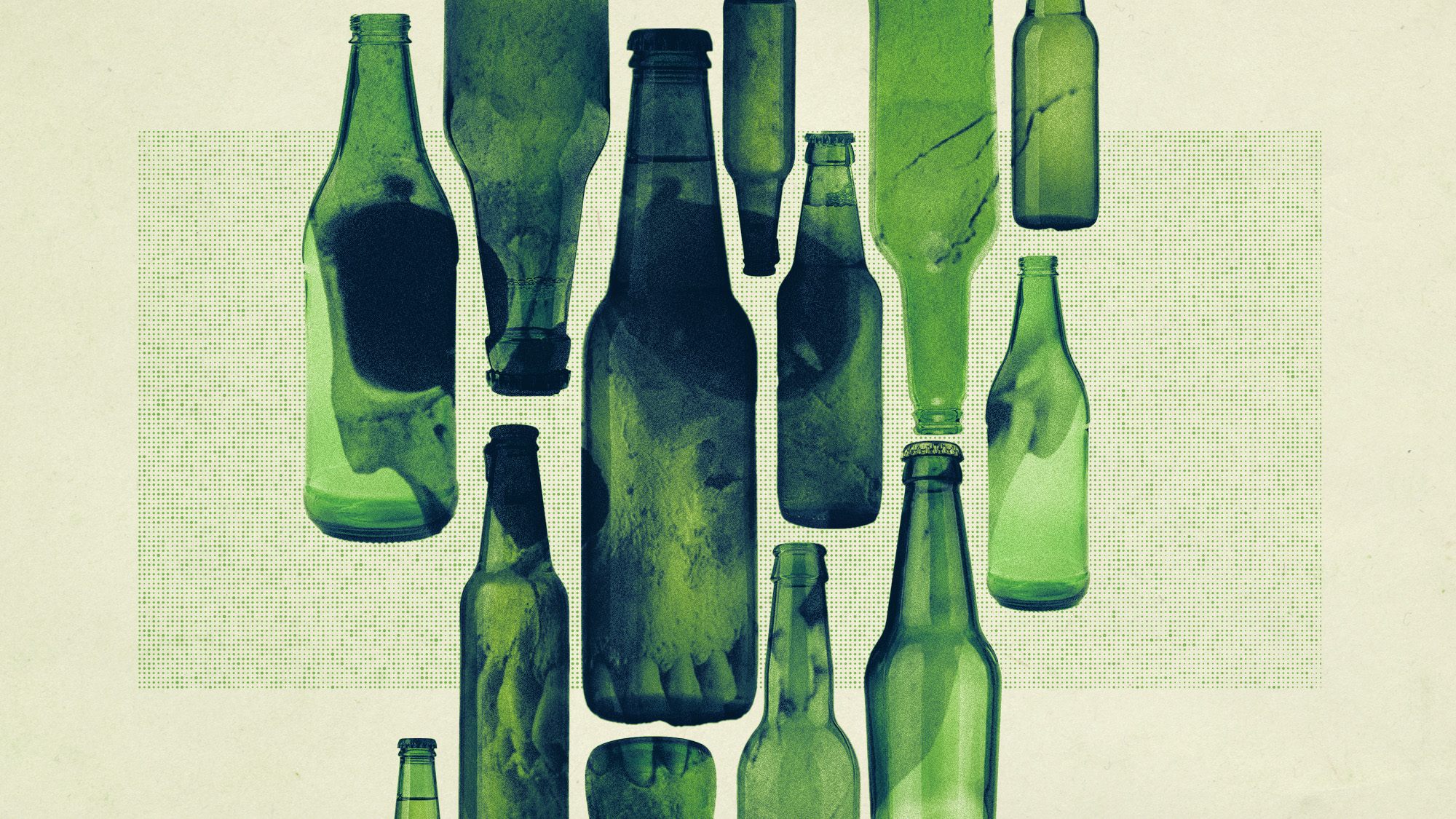 India's toxic alcohol problem
India's toxic alcohol problemUnder the Radar Bootleggers add lethal methanol to illegal liquor to cheaply increase potency, leading to widespread casualties
-
 Evergreening: Big Pharma's big con
Evergreening: Big Pharma's big conThe Explainer Practice of extending patents stifles competition and can increase the cost of vital drugs to those most in need
-
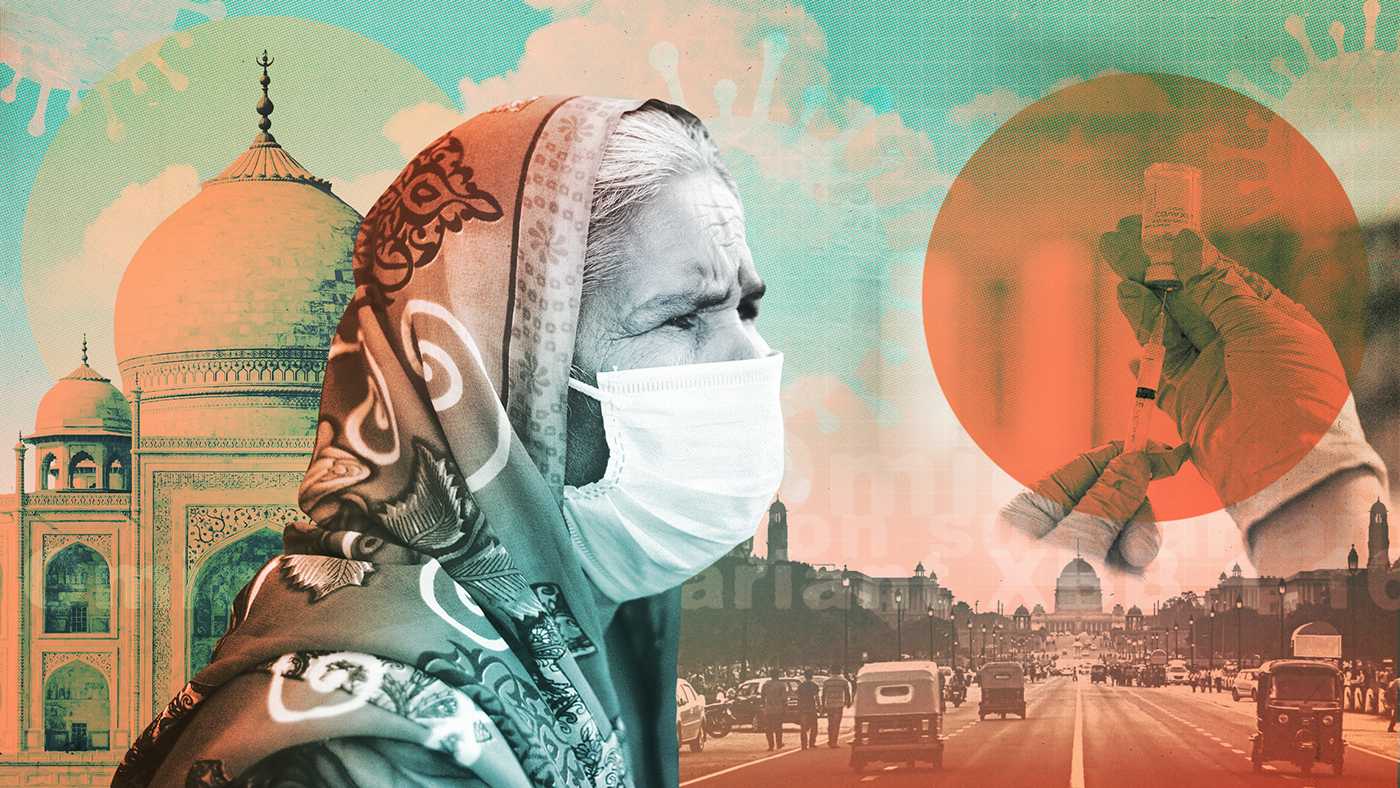 Arcturus: the new Covid variant surging in India
Arcturus: the new Covid variant surging in Indiafeature The highly infectious Omicron subvariant has also been reported in dozens of countries including the UK
-
 Neanderthal gene ‘caused up to a million Covid deaths’
Neanderthal gene ‘caused up to a million Covid deaths’Speed Read Genetic tweak found in one in six Britons means cells in the lungs are slower to launch defences
-
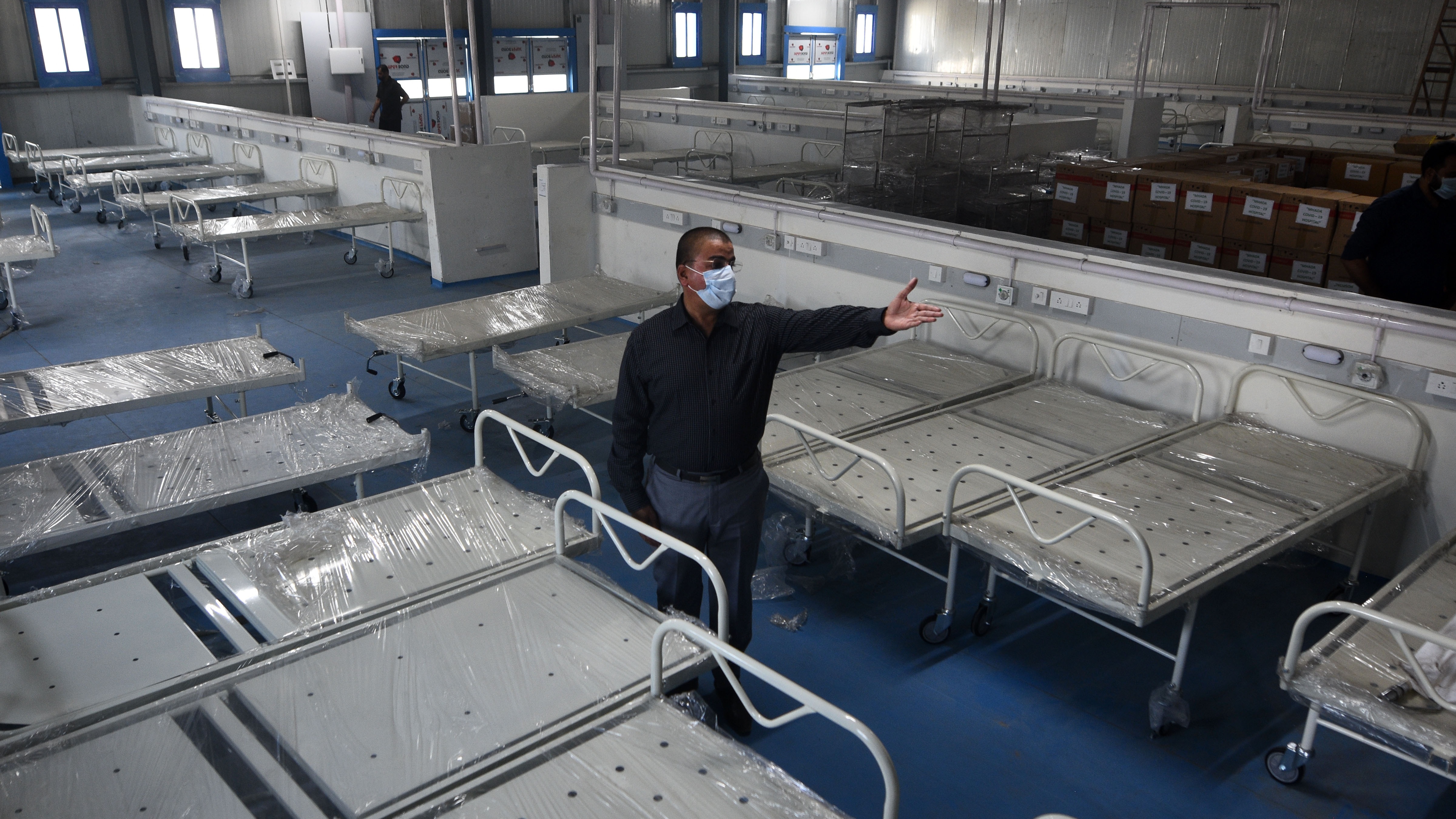 India braces for Omicron ‘tsunami’
India braces for Omicron ‘tsunami’In Depth Curfews announced in Delhi and Mumbai as Covid-19 cases surge across the country